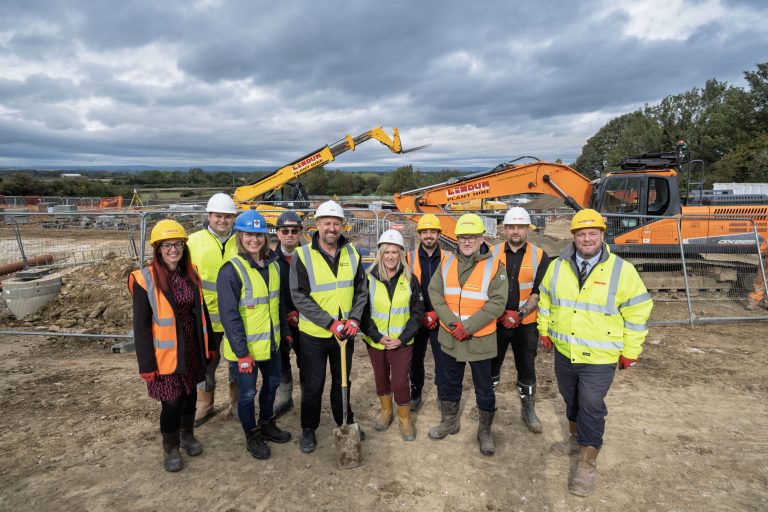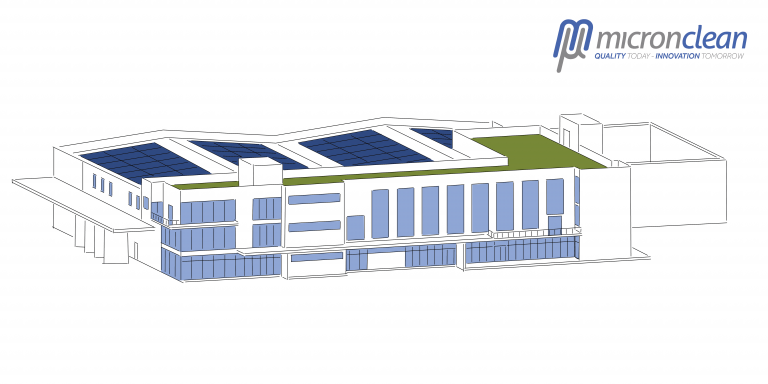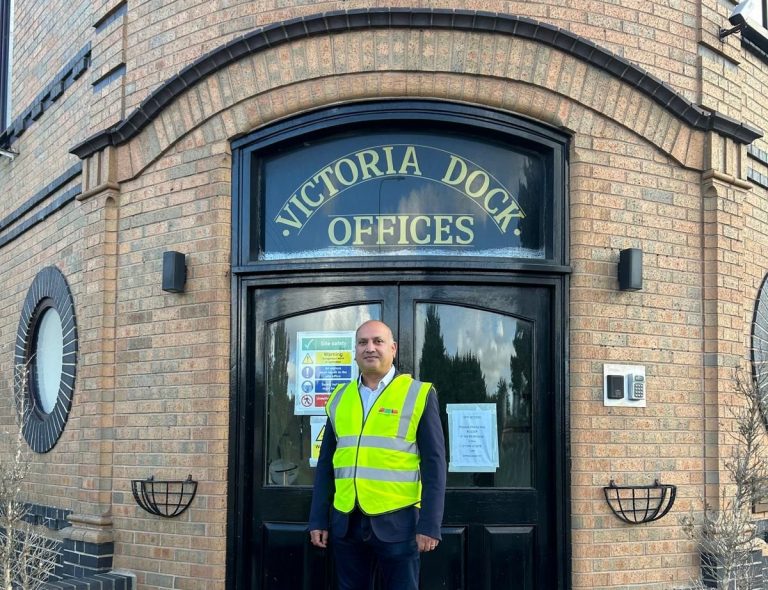Driffield-based haulage company BI Halder & Son Ltd has been sold through a pre-pack administration process, safeguarding all 45 employees. The sale was completed on 8 October 2025 to Halder Transport & Storage Limited following the appointment of joint administrators from Leonard Curtis.
The business, which has operated for more than half a century, providing haulage and storage services to the agricultural sector, had faced sustained financial strain. Rising fuel prices, higher interest rates, and ongoing cost pressures following the pandemic and the conflict in Ukraine led to reduced cash flow and limited refinancing options.
Joint Administrator Sean Williams said: “BI Halder & Son Ltd had established a great reputation over five decades and by facilitating a successful sale we have protected jobs and set the business on a stronger footing for the future.”
Director Louise Halder commented: “Our priority was to retain our loyal workforce and continue providing high quality haulage and storage services for our customers. Building in resilience for future challenges has also been important.”
Despite efforts to secure a financial turnaround, the company entered administration to facilitate the sale. The transition enables the new entity to continue operating under a revised structure designed to enhance long-term stability and safeguard local employment.
The case highlights the continuing financial pressures facing small and medium-sized logistics firms across the UK. Increased operating costs, narrow margins, and limited access to funding continue to challenge many hauliers, prompting further consolidation within the sector.












